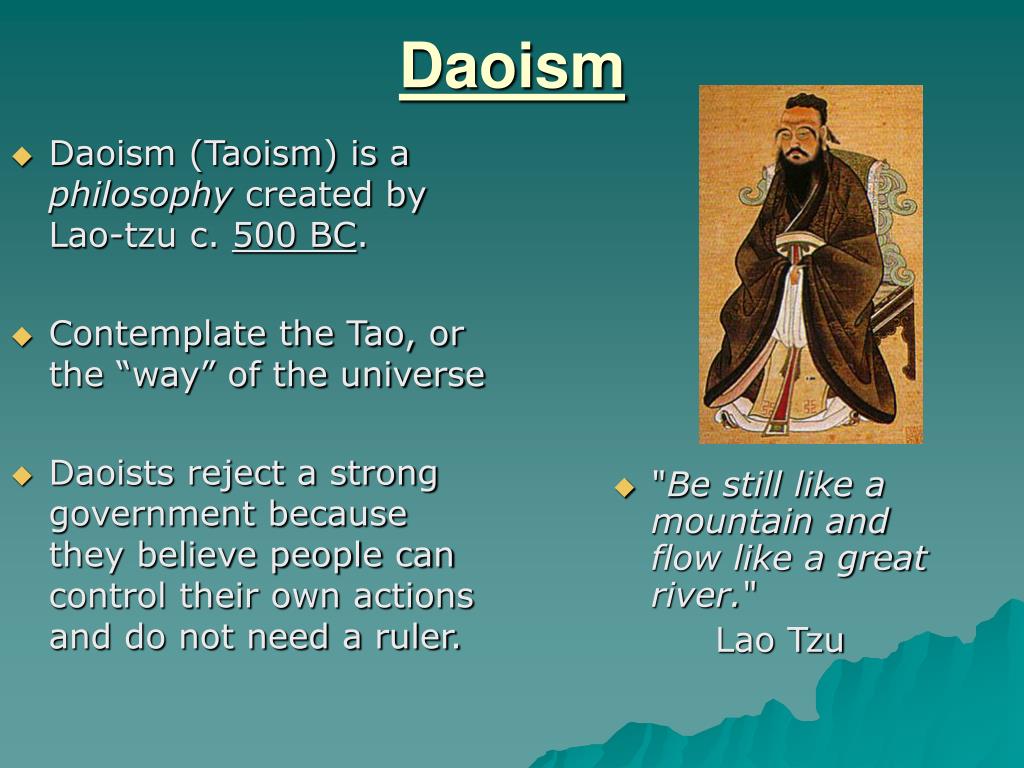In her book “One Hundred Days of Solitude: Losing Myself and Finding Grace on a Zen Retreat,” Zen teacher Jane Dobisz recalls the three months she spent as a young person alone in a hut in the woods, bowing, chanting and meditating. It is a gloriously honest and entertaining look at hermit life from the perspective of a normal young person, raised in an affluent, Western society.
This article is part of a year-long series in which we examine six different philosophies of happiness and how they apply to today’s life. Find all the articles in this series here. Find all articles about hermits here.
If you like reading about philosophy, here’s a free, weekly newsletter with articles just like this one: Send it to me!
When I think about introductions to hermit life, I can think of no better example than the little book of Zen teacher Jane Dobisz, One Hundred Days of Solitude.1
After returning from her retreat and writing this book, Dobisz2 went on to become a professional Zen teacher and, presumably, to go on many more and more demanding retreats. But this one is her very first and as such it has that special magic of the first experience, the wide-eyed wonder at every turn of the way, and all the fear, boredom, annoyance and surprise that such an experiment brings with it.
This book was also one of the first books I read on Zen and hermit life, and it has always had a special place in my memory and on my bookshelf.
There are, of course, countless more elaborate, deeper and wiser books on both Zen and spiritual retreats, from all over the ages and across the globe. But it is often hard for the modern reader to empathise with St Anthony in his desert cave, eating only bread, salt and water and fighting off the demons of temptation through single-minded prayer. Jane’s hundred days in a cabin in the woods, trying to come to terms with her craving for cookies or her desire to sleep in on the first day of her retreat are much more accessible to us, the readers of today. She is a young woman who is no saint or sage, and this makes her one of us: an explorer, in our name, of the wide, lonely and silent spaces of the hermit experience.

Starting the journey
Jane Dobisz begins her journey in… Tibet. Seeking enlightenment in the ancient wisdom of Buddhism, she travels as a young woman to the Tibetan mountains in search of a guru. (I’m emphasising her youth because it is so much part of the experience that the book describes — her naivete as well as her infectious enthusiasm are unmistakably those of a young person looking to find her way in the world.)
After travelling for two weeks throughout the stark landscapes of the Himalayas, she finally arrives at a small temple and immediately recognises it as the place where her spiritual teacher must be …
Read the full article which is published on Daily Philosophy (external link)





